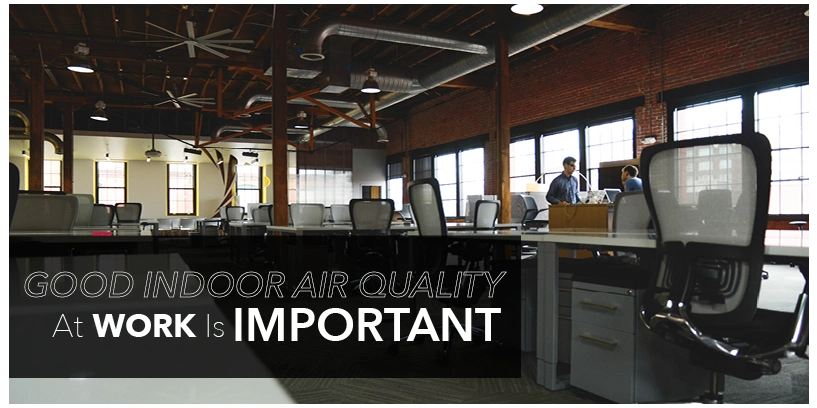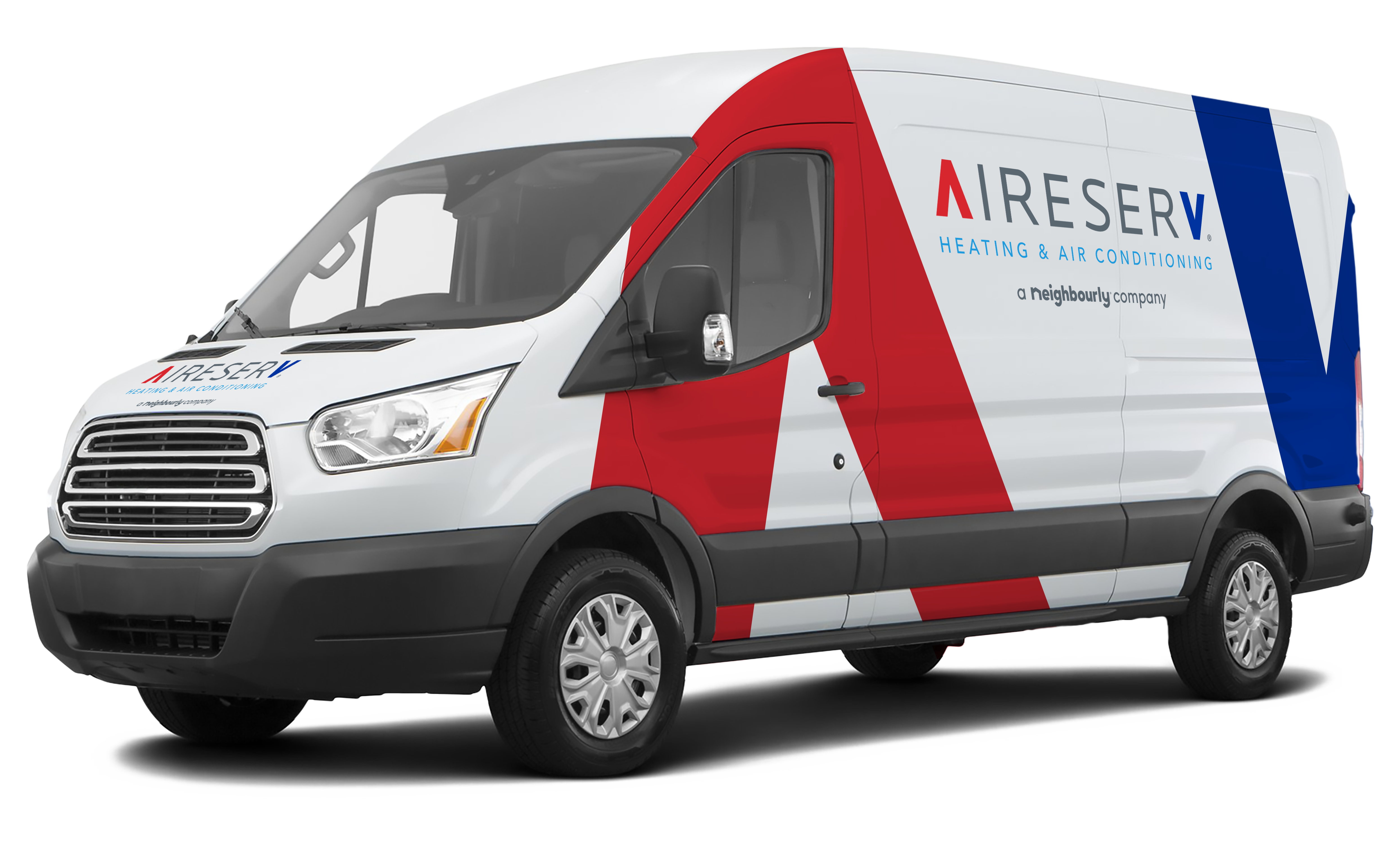
Do you incorporate Indoor Air Quality improvements at home? Because you spend as much or more time at work, office Indoor Air Quality is just as important. Whether you’re an office building tenant, employee, or manager, implement these tips to ensure you breathe clean, healthy air at work.
How to Tell if You Have Office Indoor Air Quality Problems
Many factors contribute to poor Indoor Air Quality, from mould growth caused by leaky plumbing to dirt and dust particles from inadequate filtration to volatile organic compounds (VOCs) off-gassed by new office furniture. Here are the signs of sick building syndrome that may indicate you have office Indoor Air Quality problems:
- Headache
- Irritation of the eyes, nose, or throat
- Dry cough
- Dry, itchy skin
- Dizziness and nausea
- Difficulty concentrating
- Fatigue
- Sensitivity to odors
- Symptoms that only appear when you’re at work
How to Improve Indoor Air Quality at Work
Creating a healthy work environment is a shared responsibility. Everyone who spends time in the building should implement good Indoor Air Quality management practices to make the office a healthy, productive place to work. Fortunately, most Indoor Air Quality problems at work are easily prevented or corrected with inexpensive changes or common sense practices.
What Office Building Occupants Can Do
- Don’t block air vents: Keep an eye out for where supply and return air vents are located. Then, refrain from placing furniture, boxes, or other obstructions in front of the vents to ensure proper airflow.
- Comply with your building’s smoking policy: Only smoke in designated areas to help keep the indoor air clean for everyone.
- Use water wisely: Because excessive moisture creates a haven for mould and fungi to grow, be sure to wipe up spills immediately, avoid overwatering office plants, and report any leaks you notice right away.
- Dispose of garbage promptly: Smelly trash doesn’t just stink up the air – it also attracts pests. Place your garbage in appropriate containers before disposing of them, and empty the break room trash regularly.
- Store food properly: Pack up snacks and other food promptly, and keep perishable food in the refrigerator to avoid spoilage that could generate unpleasant odors.
- Speak up if you suspect an air quality problem: Whether your workspace is uncomfortable, stuffy, smelly, or making you feel sick, let your building manager know immediately.
What Office Managers Can Do
- Position office equipment with Indoor Air Quality in mind: Furniture, partitions, and machines shouldn’t interfere with air circulation, temperature control, or pollutant removal functions of the HVAC system.
- Avoid products that produce VOCs: Many office products emit chemical pollutants that can cause sick building syndrome. Select your fax machines, copiers, printers, adhesives, cleaners, paints, furnishings, and building materials carefully to help reduce VOCs in the office.
- Use non-chemical pest control methods when possible: While pest activity can damage your building, you should seek the most economical, least hazardous pest control method possible. Sealing entry points and storing food properly should come before using pesticide.
- Minimize pollution during renovation projects: Work closely with your contractor to ensure the renovated area is sealed off from the rest of the office. This prevents dust and debris from disrupting building occupants.
- Schedule routine HVAC maintenance: Remember to change the HVAC air filter regularly. Then, hire a professional Heating and cooling company to perform preventative maintenance that helps ensure optimal equipment performance and cleaner indoor air.
If you or your employees exhibit signs of sick building syndrome, be sure to implement the DIY suggestions above. Then, schedule routine maintenance with Aire Serv®. As a professional HVAC company, our services help to promote healthier, more productive work environments.
To help meet all of your home service needs, check out Neighborly. Once on the site, click on "Join the Community" to find providers to service all your home needs.

